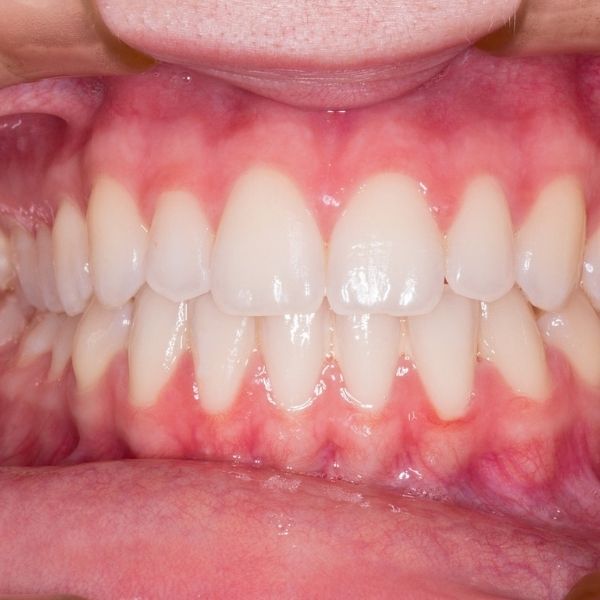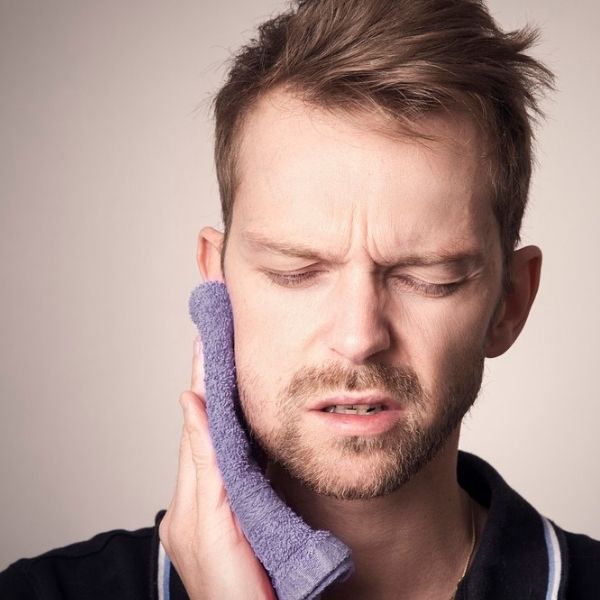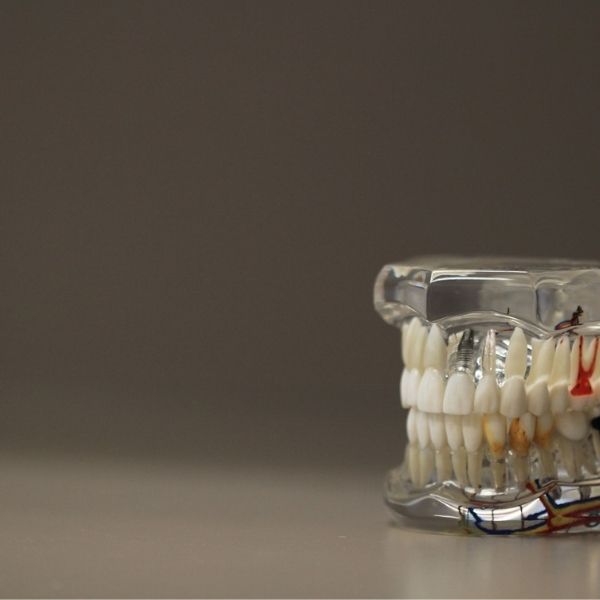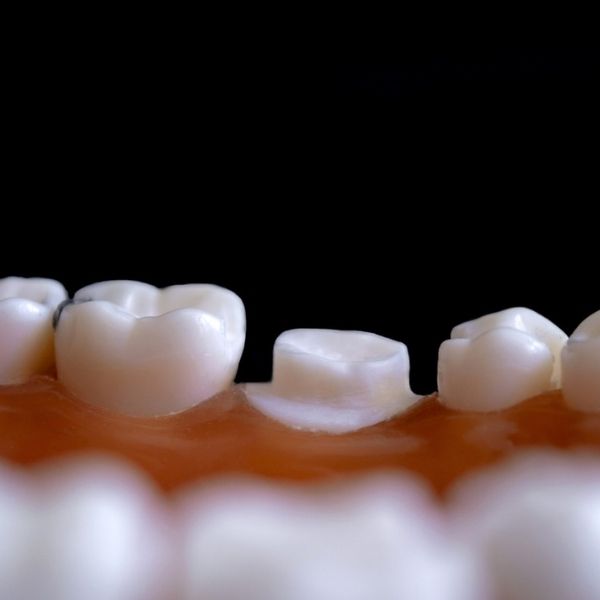Stop teeth grinding before it leads to serious dental issues. Teeth grinding, or bruxism, is a condition where a person clenches or grinds their teeth, often unconsciously, during sleep or even when awake. This habit can cause damage to teeth, affect the jaw, and lead to various health problems if not addressed. In this comprehensive guide, we’ll explore practical ways to stop teeth grinding, understand its root causes, and identify effective treatments to protect your dental and overall health.
What Is Teeth Grinding?
Teeth grinding, medically termed bruxism, is a repetitive, involuntary action that can occur during sleep or while awake. If not treated in time, it may lead to several oral and medical complications. Many individuals unknowingly grind their teeth at night, while others do so when they are stressed or focused. Learning how to stop teeth grinding can prevent issues such as worn-down teeth, jaw pain, headaches, and more.
Causes of Teeth Grinding
Before diving into how to stop teeth grinding, it’s crucial to understand its common causes. The following factors contribute to teeth grinding:
- Stress and Anxiety: Emotional stress and anxiety are among the leading triggers for teeth grinding. Many people unknowingly grind their teeth when stressed or anxious, particularly during sleep.
- Sleep Disorders: Conditions like sleep apnea, snoring, and other sleep disorders are often linked to bruxism. When sleep is disrupted, the chances of teeth grinding increase.
- Malocclusion: A misaligned bite or crooked teeth can be a physical cause of teeth grinding. If the upper and lower teeth don’t fit together correctly, the individual may grind them unconsciously.
- Lifestyle Choices: Caffeine, alcohol, and smoking are lifestyle factors that can increase the risk of teeth grinding. Consuming stimulants or relaxing muscles with alcohol can contribute to bruxism.
- Medications: Certain medications, particularly those related to mental health like antidepressants, can have teeth grinding as a side effect.
Recognizing the Symptoms of Teeth Grinding
Before we explore ways to stop teeth grinding, it’s important to recognize its symptoms. The following signs may indicate that you are grinding your teeth:
- Worn-down teeth or enamel loss
- Increased tooth sensitivity
- Jaw pain, tightness, or soreness
- Frequent headaches, particularly upon waking up
- Indentations or damage to the inner cheeks
If you experience any of these symptoms, it’s time to consider ways to stop teeth grinding.
How to Stop Teeth Grinding: Practical Solutions
Teeth grinding can be stopped by implementing a few lifestyle changes, using protective devices, and seeking professional advice when necessary. Below are some practical solutions to help you stop teeth grinding:
1. Practice Stress Management Techniques
Stress is a significant trigger for bruxism. Managing stress can play a crucial role in stopping teeth grinding. Consider these relaxation techniques to alleviate stress:
- Meditation: Regular meditation can help clear your mind and reduce anxiety levels.
- Deep Breathing Exercises: Deep breathing is a simple yet effective way to relax your body and mind.
- Physical Exercise: Activities like yoga, running, and strength training can relieve stress and stop teeth grinding.
2. Use a Mouth Guard to Protect Your Teeth
One of the most common methods to stop teeth grinding, particularly at night, is to use a mouth guard. Dentists can create a custom-fitted mouth guard that serves as a barrier between your upper and lower teeth. This prevents further damage to the teeth and alleviates pressure on the jaw muscles.
3. Address Dental Issues
If a misaligned bite or crooked teeth are the cause of your bruxism, correcting these issues can help stop teeth grinding. Dentists or orthodontists may recommend treatments such as:
- Braces to align your teeth correctly.
- Dental crowns or fillings to fix damaged or misaligned teeth.
- Bite adjustments to ensure your teeth fit together properly.
4. Monitor and Reduce Stimulants
It’s essential to reduce the intake of stimulants like caffeine and alcohol, which can increase the risk of bruxism. Limiting coffee, energy drinks, and alcohol consumption, especially before bedtime, can be a game-changer in stopping teeth grinding.
5. Follow a Consistent Sleep Schedule
A regular sleep routine can significantly help stop teeth grinding. Getting enough rest and maintaining good sleep hygiene can reduce the risk of bruxism. To improve your sleep:
- Go to bed and wake up at the same time each day.
- Create a calm and dark environment for sleep.
- Avoid screens and bright lights at least an hour before bedtime.
6. Exercise Regularly to Reduce Stress
Regular exercise not only promotes physical well-being but also helps in reducing stress, a common trigger of teeth grinding. Engaging in activities like walking, jogging, swimming, or yoga can make a substantial difference in stopping teeth grinding.
7. Practice Jaw Relaxation Techniques
Relaxation techniques focused on the jaw muscles can help stop teeth grinding. Here are a few suggestions:
- Massage your jaw muscles gently every day to relieve tension.
- Perform jaw stretches, such as opening and closing your mouth slowly to release tightness.
- Avoid chewing gum or eating hard foods that put additional pressure on the jaw.
Professional Treatments to Stop Teeth Grinding
While at-home solutions can be effective, professional intervention may be necessary for severe cases of teeth grinding. Here are some medical treatments that can help:
- Behavioral Therapy: Cognitive-behavioral therapy (CBT) can help address stress and anxiety, which may be triggering your teeth grinding.
- Botox Injections: In some cases, botulinum toxin (Botox) injections may be used to relax overactive jaw muscles and stop teeth grinding.
- Medications: Your doctor may prescribe muscle relaxants or antidepressants if stress or muscle tension is causing your bruxism.
- Sleep Studies: If your teeth grinding is linked to a sleep disorder, undergoing a sleep study may be beneficial. This can help diagnose and treat conditions like sleep apnea, which can contribute to teeth grinding.
When to See a Dentist
If you experience frequent headaches, jaw pain, or notice worn-down teeth, it’s time to consult a dentist. A dental professional can evaluate the severity of your bruxism and recommend the most effective solutions to stop teeth grinding. They may suggest using a custom-made mouth guard, undergoing orthodontic treatment, or making bite adjustments to alleviate the problem.
Preventing Teeth Grinding in Children
Teeth grinding isn’t limited to adults; children can also develop this habit. To stop teeth grinding in children, consider the following:
- Create a calming bedtime routine: Establishing a consistent, relaxing bedtime routine can help children unwind and reduce the chances of teeth grinding.
- Monitor stress levels: Children may grind their teeth due to stress related to school, family changes, or other factors. Be attentive to their emotional well-being and provide support when needed.
- Visit a pediatric dentist: Regular dental check-ups can help identify and address teeth grinding early.
Stop teeth grinding before it causes long-term damage to your teeth and overall health. By identifying the causes, practicing stress management, and seeking professional help, you can effectively stop teeth grinding and protect your smile. Whether it’s using a custom-made mouth guard, correcting dental issues, or managing stress, there are numerous strategies to help you overcome this habit.
Remember, bruxism is not just a minor inconvenience—it can have serious consequences if left untreated. If you suspect you’re grinding your teeth, consult a dentist to assess the situation and recommend personalized solutions. Taking proactive measures can save your teeth from wear and tear and improve your quality of life.
By implementing these strategies, you can stop teeth grinding and enjoy a healthier, pain-free smile.





